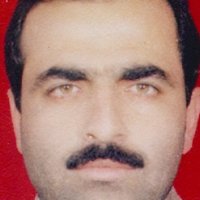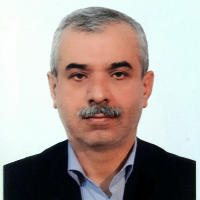Developing a suitable model for evaluating the educational performance of technical and professional colleges based on the data theory of the foundation
The current research was conducted with the aim of identifying and developing a suitable model for evaluating the educational performance of technical and professional colleges based on the data theory of the foundation. This article aims to answer this question, what model can be provided to evaluate the educational performance of technical and vocational colleges? In order to answer it, in this research, with the qualitative method of foundation data, the views of 16 experts working in technical and vocational university colleges were investigated through interviews. The investigations showed five components, time, cost, quality, flexibility adaptability, for performance evaluation, compassionate, competitive approach to education, general technical and professional environment, government laws, popular demands, Islamic values, technical and professional maturity for the field, human capital, financial resources, knowledge-oriented, structure for factors Technical, professional, programmatic, ad hoc, excellent for assessment strategies, promoting community health, promoting public satisfaction for effectiveness, monitoring good flow, monitoring correct implementation for efficiency..
-
Designing a human resources agility model in the tax affairs organization based on the government's agility policies
Farhad Ghasemi, Alireza Rezghi Rostami *, Rashid Zolfaghari Zaferani
International Journal Of Nonlinear Analysis And Applications, Aug 2025 -
Modeling dark sides of the organization based on the theory of social interaction in the higher education system: Strategies and Consequences
Roya Dashti, Esmaeil Asadi *,
Journal of Teaching in Marine Sciences, -
A Conceptual Pattern for Assessing and Monitoring the Educational Performance of Technical and Professional Colleges with Emphasis on Human Resources
Abolghasem Bahri Kemshani*, Rashid Zolfghari Zafrani, Hasan Shahrakipor
Iranian Higher Education,




